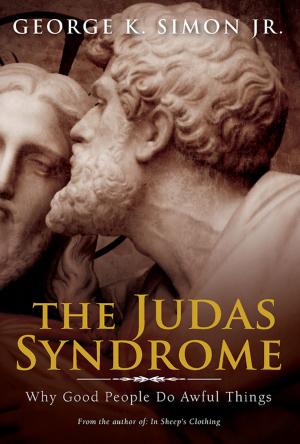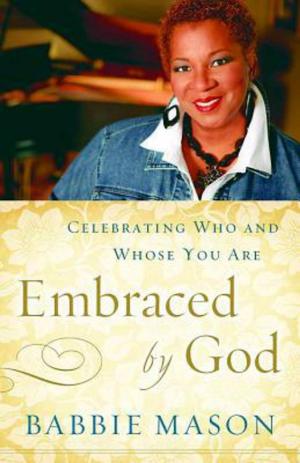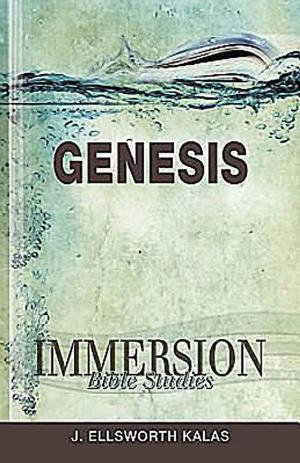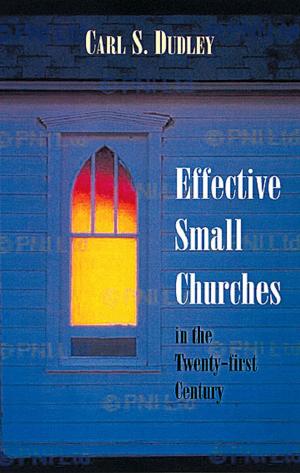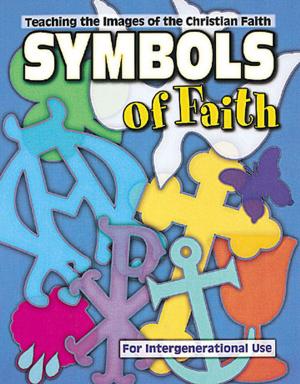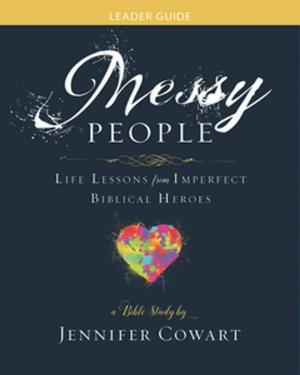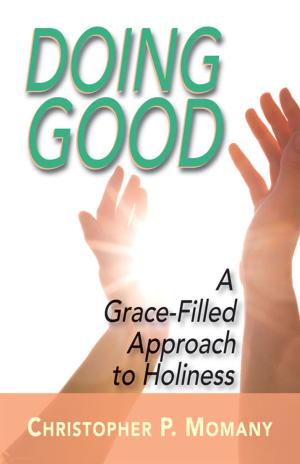Embracing the Wideness
The Shared Convictions of The United Methodist Church
Nonfiction, Religion & Spirituality, Christianity, Denominations, Methodism, Theology| Author: | Kenneth H. Carter, Jr. | ISBN: | 9781501871573 |
| Publisher: | Abingdon Press | Publication: | September 4, 2018 |
| Imprint: | Abingdon Press | Language: | English |
| Author: | Kenneth H. Carter, Jr. |
| ISBN: | 9781501871573 |
| Publisher: | Abingdon Press |
| Publication: | September 4, 2018 |
| Imprint: | Abingdon Press |
| Language: | English |
Embracing the Wideness contrasts a generous orthodoxy with the culture wars that seek to drive a wedge between Christians with deep faith convictions. A generous orthodoxy is possible for The United Methodist Church because scripture supports both a confessing movement and a reconciling movement.
In addition to our divergent understandings of holiness in The United Methodist Church, we apparently have two distinct conceptions of church. These two conceptions of church present in American Methodism grew from seeds planted in the earliest practice of British Methodism:
- A separatist church, which views holiness as a calling that separates us from the world—“come out from among them and be separated” (2 Corinthians 6:17). Here holiness is a quality that distinguishes Christians from the world.
- An activist church, which understands holiness as a movement for change in an unjust world. The boundaries between church and society are blurred, with the “wheat and tares” growing together (Matthew 13) until God’s final judgment.
At times, a denomination is able to hold these two conceptions of church in tension. And at times, as in recent experiences of American Christianity, there is fragmentation and division. The division may finally be the result of clearly articulated values that are not compatible. And the division may also be the result of how leaders do harm to each other.
What great things could be accomplished if we rediscovered orthodoxy in service of the healing, instead of dividing, of our bodies—our churches! Such a generous orthodoxy would help us not to become immersed in the emotional processes that pit people against each other. Such a generous orthodoxy would keep us from becoming stuck in cycles of harmful collusion and escalating conflict. Such a generous orthodoxy would know that the source of our capacity to be healed of our schisms is a miracle beyond our human power or goodness or intelligence.
Embracing the Wideness contrasts a generous orthodoxy with the culture wars that seek to drive a wedge between Christians with deep faith convictions. A generous orthodoxy is possible for The United Methodist Church because scripture supports both a confessing movement and a reconciling movement.
In addition to our divergent understandings of holiness in The United Methodist Church, we apparently have two distinct conceptions of church. These two conceptions of church present in American Methodism grew from seeds planted in the earliest practice of British Methodism:
- A separatist church, which views holiness as a calling that separates us from the world—“come out from among them and be separated” (2 Corinthians 6:17). Here holiness is a quality that distinguishes Christians from the world.
- An activist church, which understands holiness as a movement for change in an unjust world. The boundaries between church and society are blurred, with the “wheat and tares” growing together (Matthew 13) until God’s final judgment.
At times, a denomination is able to hold these two conceptions of church in tension. And at times, as in recent experiences of American Christianity, there is fragmentation and division. The division may finally be the result of clearly articulated values that are not compatible. And the division may also be the result of how leaders do harm to each other.
What great things could be accomplished if we rediscovered orthodoxy in service of the healing, instead of dividing, of our bodies—our churches! Such a generous orthodoxy would help us not to become immersed in the emotional processes that pit people against each other. Such a generous orthodoxy would keep us from becoming stuck in cycles of harmful collusion and escalating conflict. Such a generous orthodoxy would know that the source of our capacity to be healed of our schisms is a miracle beyond our human power or goodness or intelligence.
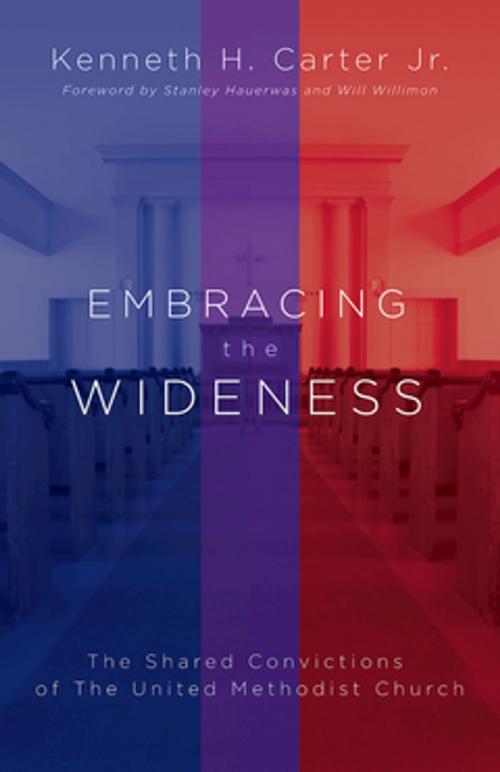
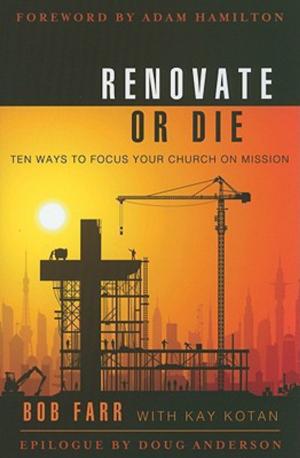

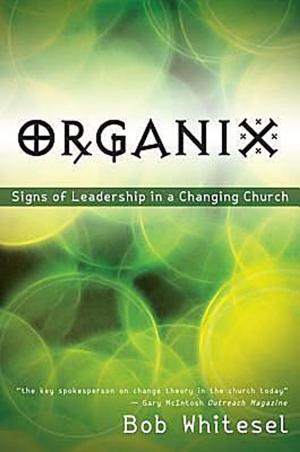
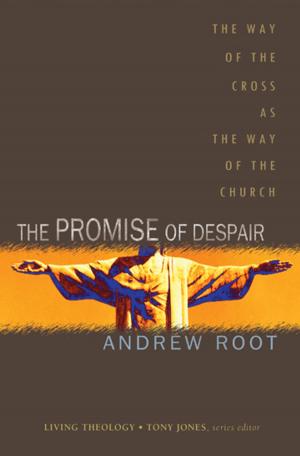
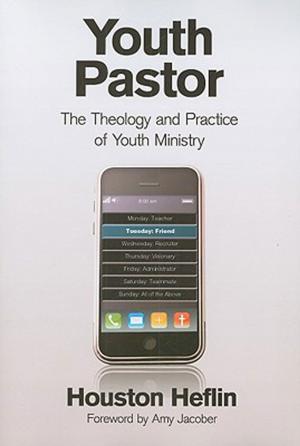
![Cover of the book Christ Is for Us [Large Print] by Kenneth H. Carter, Jr.](https://www.kuoky.com/images/2016/december/300x300/9781501820564-1SLZ_300x.jpg)
